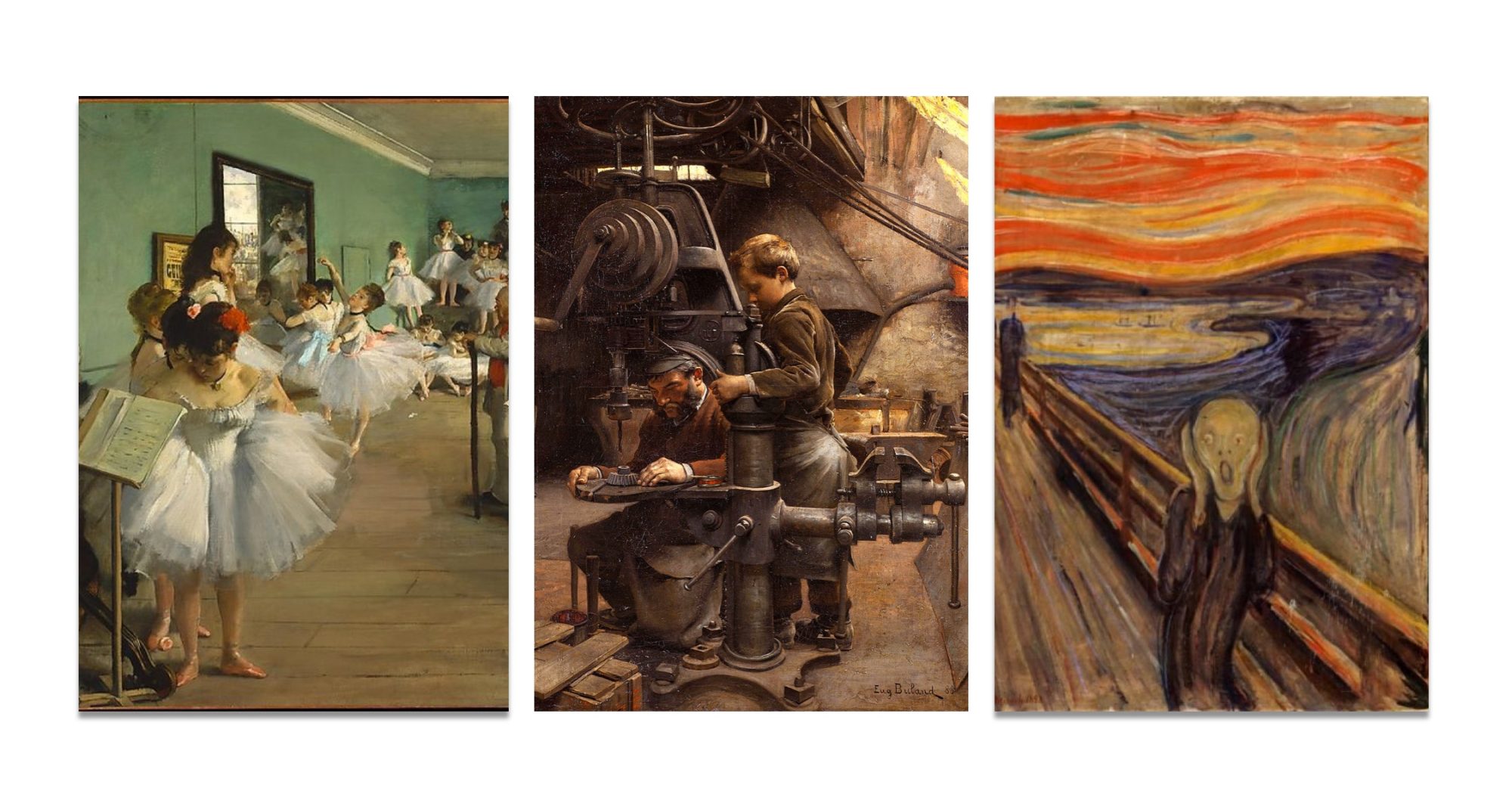Ruin
- Total destruction or disintegration, either physical, moral, social, or economic.
- A cause of total destruction.
- The act of destroying totally.
- A destroyed person, object, or building.
- The remains of something destroyed, disintegrated, or decayed. Often used in the plural: studied the ruins of ancient Greece.
Ruined
- To destroy completely; demolish.
- To harm irreparably.
- To reduce to poverty or bankruptcy.
- To deprive of chastity.
To fall into ruin.
In the “Ruined Maid” we see a common occurrence of the word “ruined” being used. While this is also the main subject of our class, we also see it being used throughout the readings we come across. In this poem, we see two women speaking with each other, one having attributes of lower class, the other having attributes of a higher class. The problem we see with this is the idea of being ruined, and how the girl who is of the higher class sees herself as. By using the word “ruined” so many times during the poem, we see an emphasis on this idea. It seems that this word is being used in the sense that all moral aspects of the woman is destroyed, due to her behavior and means of life. It gives an idea of destruction, and a sense of not being able to recover to an original state. Being ruined means being ruined for life, or forever. Destruction to a certain object is something that is impossible to put back to full functioning order, or at least without some difference or consequence. Being ruined is never a positive thing, and although we can find some kind of beauty out of it, for the bearer it seems to be a means to an end. The ending being what it is, an ending.
References:
Free Online Dictionary, Thesaurus, and Encyclopedia: Ruined.
